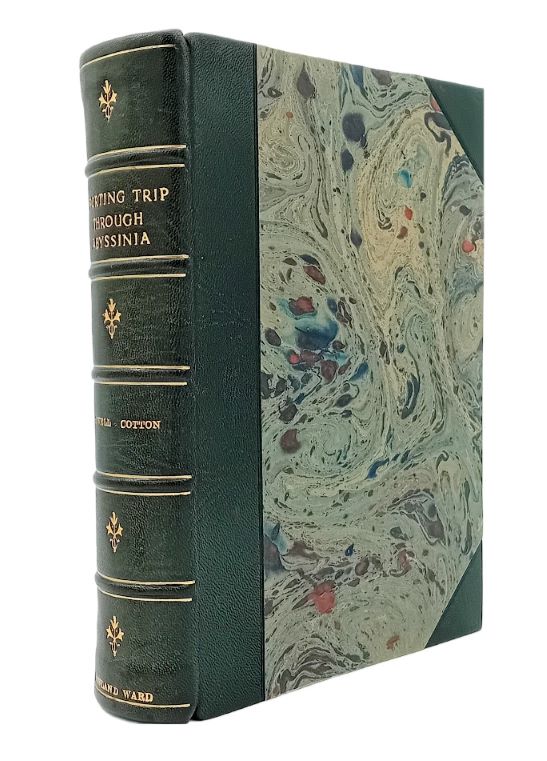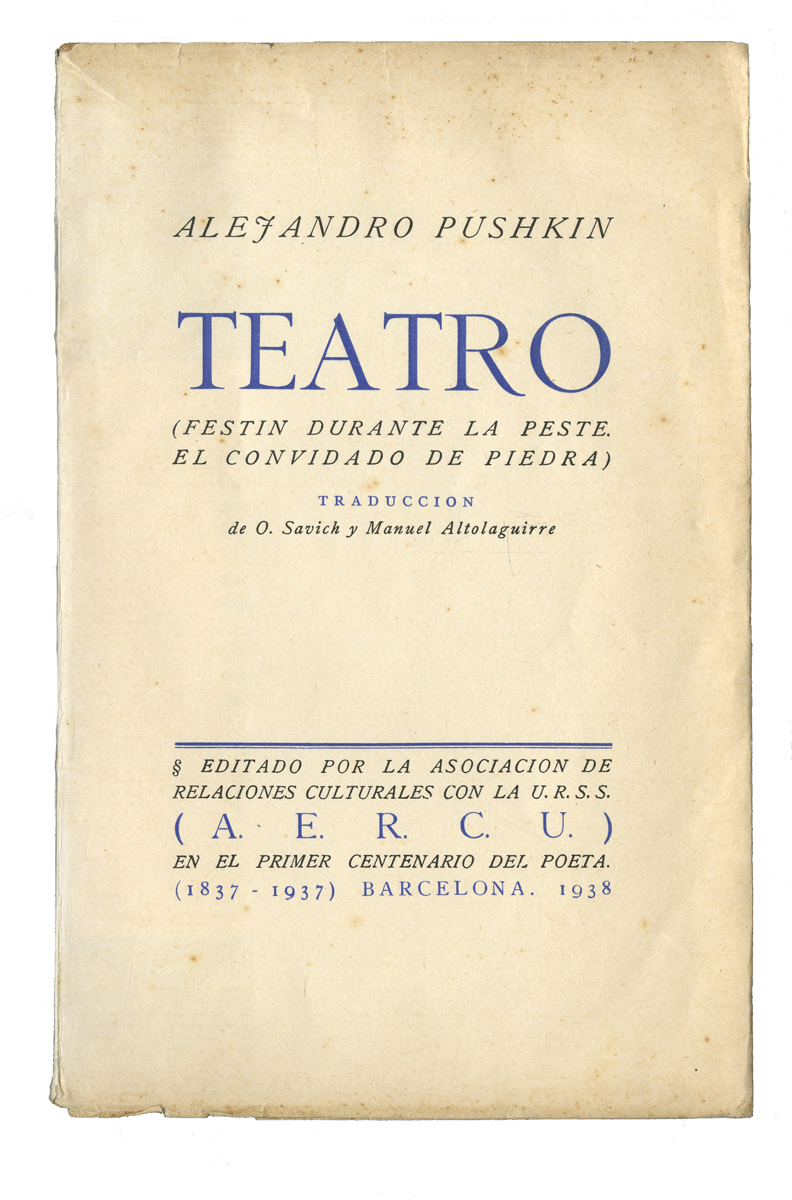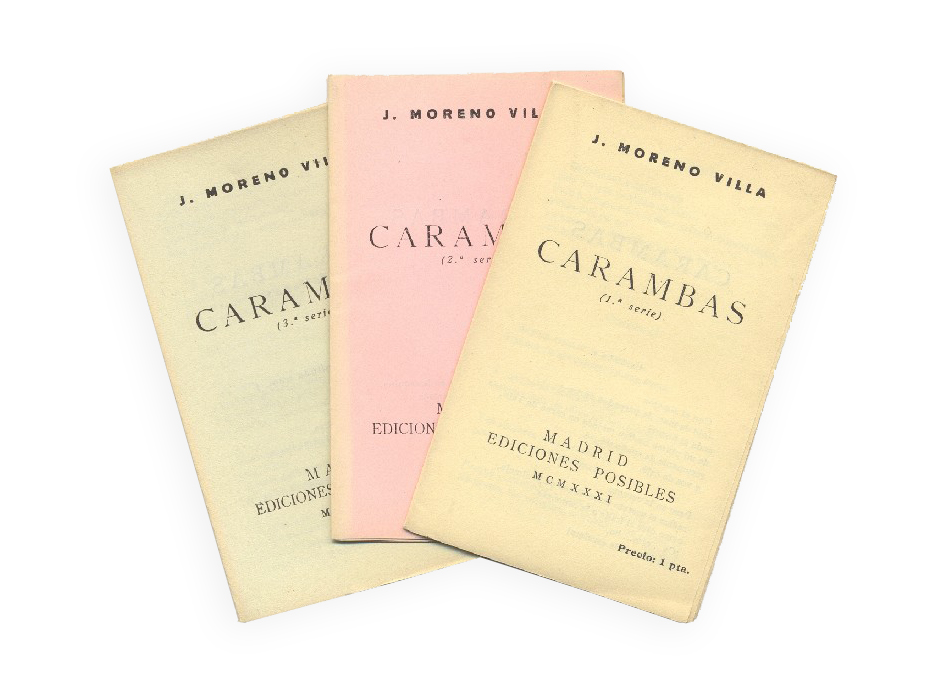
an ‘excellent narrative of sport and exploration’ by Britain’s most prolific hunter
POWELL-COTTON, Percy.
A sporting trip through Abyssinia. A narrative of a nine months’ journey from the plains of the Hawash to the snows of Simien, with a description of the game, from elephant to ibex, and notes on the manners and customs of the natives …
London, Rowland Ward, 1902.
8vo, pp. xxiii, [1], 531, [1 (blank), 12 (advertisements); with half-title, frontispiece, facsimile reproduction of ‘The Empress Taitu’s acceptance of the dedication of this book’, 91 further illustrations both full-page and in text, coloured folding map in rear pocket, publisher’s catalogue at rear; some light browning, occasional very light marks, two small tears in centre of map expertly repaired with tape; a very good copy bound (in 1976) in green half morocco with marbled boards, spine lettered and decorated in gilt; inscription of Christopher Powell-Cotton, son of the author, to half-title, his note stating that this copy was sold for the benefit of The Powell Cotton Museum, Birchington, Kent, loosely inserted.

Added to your basket:
A sporting trip through Abyssinia. A narrative of a nine months’ journey from the plains of the Hawash to the snows of Simien, with a description of the game, from elephant to ibex, and notes on the manners and customs of the natives …
First edition, signed by the son of the author and bound for the Powell Cotton Museum, describing a nine-month exploration and hunting expedition through Abyssinia by the English hunter and animal collector Percy Powell-Cotton.
An officer in the British Army who served during the Boer War, Powell-Cotton later became one of the most prolific animal hunters in Africa, amassing perhaps the largest single collection of animal specimens. In addition, he was also a noted conservationist and ethnologist who worked hard to protect and classify animal species and made numerous documentaries on the subject throughout Africa and Asia. This, his first major publication, documents his expedition to Abyssinia in 1900, conducted with the express permission of the Emperor Menelik II and dedicated to his third wife, the Empress Taitu (Taytu Betul).
‘Numerous hunting episodes dot this excellent narrative of sport and exploration in the Abyssinian hinterland. Powell-Cotton and his party bagged numerous species of plains game, then hunted buffalo and elephant in the Hawash Valley. He eventually turned northwest of Addis Ababa where he hunted roan, duiker, and other game. After reaching Gondar, the caravan turned west where the author encountered kudu and hartebeest. Near Gallimeder, he successfully hunted buffalo. The party returned to Gondar, then proceeded to the Simien highlands where trophy ibex were bagged. While Powell-Cotton did use big bore rifles, he seems to have enjoyed most of his sport with a .256 Mannlicher fitted with a telescope – rather unusual for his day’ (Czech). Although Powell-Cotton’s expedition began as solely a hunting trip, he also ended up exploring a number of little-known areas of Abyssinia and the work is filled with valuable ethnographic and geographical observations.
Provenance: During his time in England Powell-Cotton resided at Quex House, his family home just outside Margate in Kent. In 1896, he established a one-room museum in a pavilion erected in the grounds in order to display his personal collection of game, with the aid of the noted taxidermist Rowland Ward. Over the years the collection significantly expanded, and upon Powell-Cotton’s death in 1940 new galleries were established to house the family’s archaeological and ethnographic collections.
Czech, p. 133.

